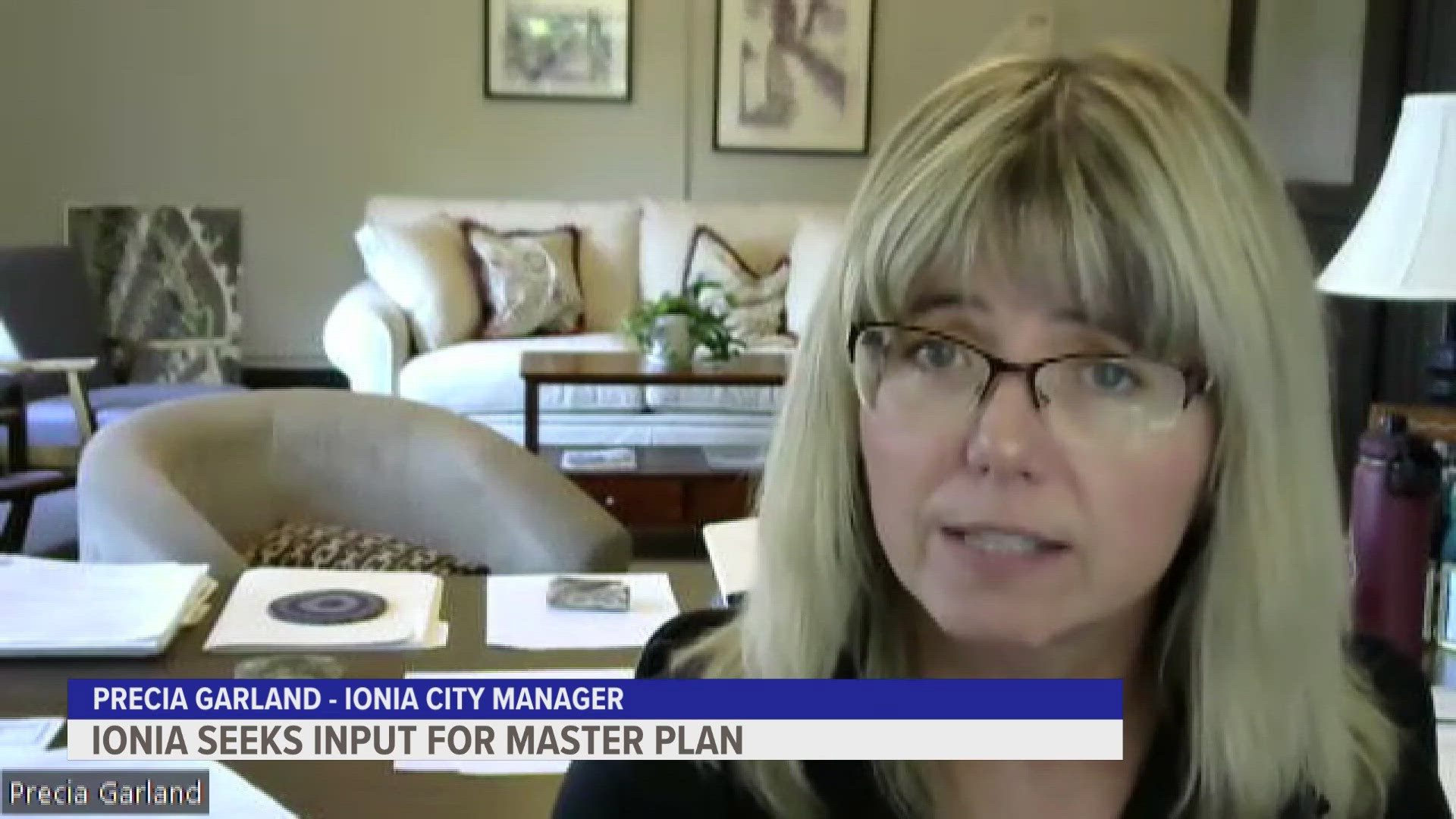TOKYO, Japan — Japan will start using the traditional order for Japanese names in English in official documents, with family names first, a switch from the Westernized custom the country adopted more than a century ago, government officials said Friday.
The idea has been floated for years and but some ministers in Prime Minister Shinzo Abe's ultra-conservative Cabinet recently started pushing for it again. The Cabinet agreed Friday to begin making the change with government documents, though no timeline was given for its start.
"It is important for all of us in the world to recognize language and cultural diversity as we live in an increasingly globalized society," said Education Minister Masahiko Shibayama, a vocal supporter of the move. "It is significant to make a change per Japanese tradition and write family name before the first name."
Chief Cabinet Secretary Yoshihide Suga said usage guidelines and other details still need to be discussed further. Suga said he looked forward to going by Suga Yoshihide, as he is known in Japan.
China and South Korea traditionally stick with the surname first order both at home and internationally. But Japan has chosen to be seen more as part of the West rather than Asia.
Japan adopted the first name before surname order for use in English about 150 years ago as a way to modernize and internationalize itself by imitating the Western style, according to the Agency for Cultural Affairs.
The Western-style name order has since been widely accepted and used in English journals, school textbooks and magazines. The style has also become standard on credit cards and at many private companies.
A government panel about 20 years ago recommended a return to the Japanese style but was largely ignored.
Those pushing for it in Abe's government apparently hope to see the change spread, but it is unknown how the private sector will respond to the move.
The reaction has been mixed even within the government.
So far, only the Education Ministry has made the change to ministry officials' names on its website, while those in the Cabinet lineup at the Prime Minister's Office website remain in the Western style.



